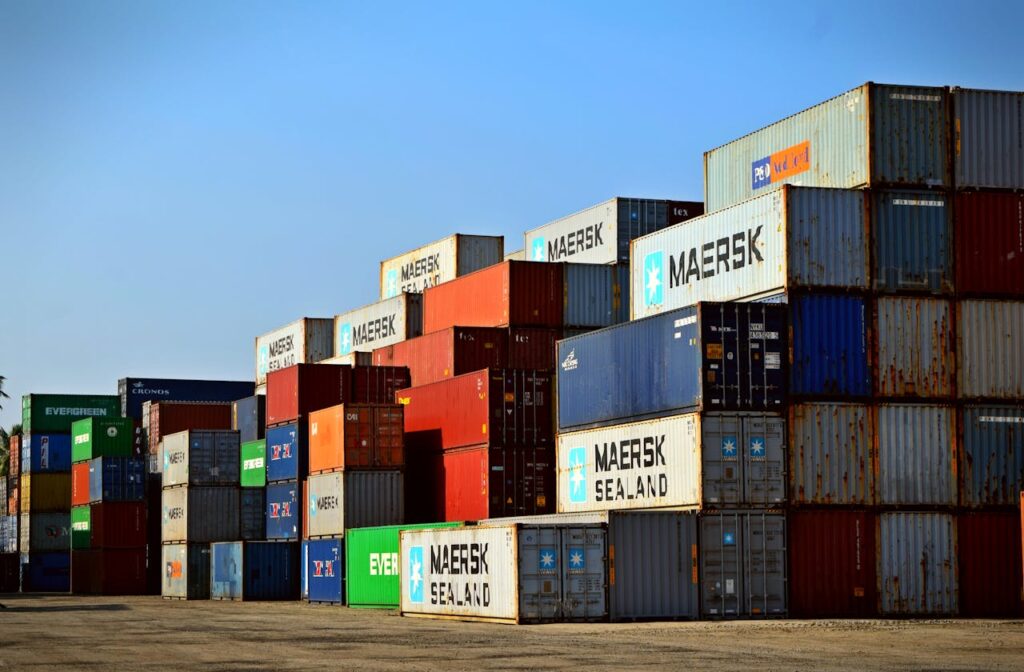Taiwan has long been a key player in the global trade arena, especially when it comes to electronics, semiconductors, and high-tech manufacturing. But behind the scenes of this economic powerhouse lies a complex system of tariffs that influences trade, pricing, and international relations. In this blog post, we’ll break down what Taiwan tariffs are, how they work, and why they matter to businesses and consumers around the world.
What Are Tariffs?
Before we dive into Taiwan-specific details, let’s first understand what tariffs are. Tariffs are taxes or duties imposed by a government on imported or exported goods. These taxes are typically used to:
- Protect local industries from foreign competition
- Generate revenue for the government
- Regulate trade between countries
Tariffs can affect everything from the price of consumer goods to the profitability of industries.
Taiwan’s Tariff System: An Overview
Taiwan, officially known as the Republic of China (ROC), operates under a relatively liberal trade policy. Over the years, Taiwan has reduced many of its tariffs to encourage free trade and improve its position in the global economy.
As of today, Taiwan is a member of the World Trade Organization (WTO) and abides by international trade rules. Taiwan’s tariff structure is based on the Harmonized System (HS) of tariff classification, which is used worldwide to identify goods.
Here are some key points about Taiwan’s tariff policies:
- Average tariff rates in Taiwan are relatively low, especially for industrial products.
- Taiwan imposes higher tariffs on agricultural products to protect local farmers.
- Taiwan offers tariff reductions or exemptions for certain free trade agreement (FTA) partners.
- Many products entering Taiwan are eligible for preferential tariffs under special arrangements.
Who Sets Tariff Policy in Taiwan?
Tariff policy in Taiwan is managed by the Ministry of Finance, along with trade-related input from the Ministry of Economic Affairs and customs authorities. These bodies decide the rates, exemptions, and updates based on Taiwan’s economic needs, international trade agreements, and diplomatic relationships.
Impact of Taiwan Tariffs on Global Trade
1. Semiconductors and Technology
Taiwan is home to some of the world’s biggest tech manufacturers like TSMC (Taiwan Semiconductor Manufacturing Company). Due to the high demand for microchips and electronics, many countries import products from Taiwan. Lower tariffs on electronic components benefit foreign buyers and support Taiwan’s tech export dominance.
2. Agricultural Goods
Taiwan maintains protective tariffs on many agricultural items like rice, pork, and fruits. This helps local farmers stay competitive but also means higher prices for imported agricultural goods.
3. US-Taiwan Trade Relations
The United States is one of Taiwan’s largest trading partners. Tariffs play a big role in this relationship. In recent years, both sides have worked to reduce trade barriers. Taiwan has lowered tariffs on certain U.S. products like beef and pork, helping to improve diplomatic and economic ties.
Taiwan’s Free Trade Agreements and Tariffs
Taiwan has signed several bilateral and multilateral trade agreements to reduce or eliminate tariffs. These agreements provide economic benefits and help Taiwan stay competitive in global trade.
Some of Taiwan’s major trade arrangements include:
- Economic Cooperation Framework Agreement (ECFA) with China
- New Zealand–Taiwan Economic Cooperation Agreement
- Singapore–Taiwan Economic Partnership Agreement
Under these agreements, many goods enjoy preferential tariff treatment, allowing for smoother trade flows and reduced costs.
Recent Developments in Taiwan Tariff Policy
In recent years, Taiwan has adjusted tariffs to address global supply chain challenges and political shifts:
- COVID-19 and Tariffs: During the pandemic, Taiwan reduced or waived tariffs on medical supplies and essential goods to maintain supply and reduce costs.
- Geopolitical Tensions: With increasing tensions between China and Taiwan, tariffs and trade policies are being closely watched. Tariff adjustments could be used to strengthen Taiwan’s alliances with other countries.
- Green Technology Push: Taiwan is promoting renewable energy and sustainable industries. To support this, the government may reduce tariffs on imported green technologies, solar panels, and electric vehicle parts.
How Tariffs Affect Consumers and Businesses
Tariffs directly and indirectly impact both consumers and businesses:
- Consumers: Higher tariffs on imported goods can lead to higher prices in stores. For example, if Taiwan imposes a high tariff on imported fruits, local consumers may pay more for those items.
- Businesses: Tariffs affect sourcing decisions, pricing strategies, and competitiveness. Businesses may shift supply chains or reconsider trade partners based on tariff rates.
- Importers and Exporters: Companies involved in international trade must stay updated on Taiwan’s tariff schedules, rules of origin, and customs procedures to ensure compliance and avoid unexpected costs.
Conclusion
Taiwan tariffs may seem like a dry topic at first, but they play a powerful role in shaping trade, economics, and even international diplomacy. From high-tech exports to agricultural imports, Taiwan’s tariff policies reflect its economic strategy and geopolitical interests. As global trade continues to evolve, understanding these tariffs becomes increasingly important for businesses, policymakers, and even everyday consumers.
If you’re a trader, entrepreneur, or just someone interested in global economics, keeping an eye on Taiwan’s tariffs can offer valuable insights into market opportunities and challenges.

